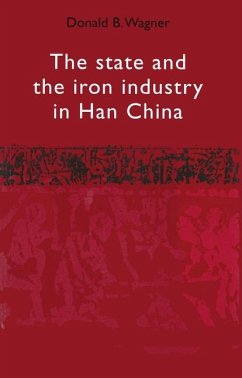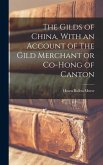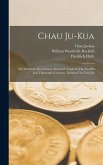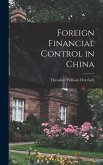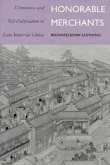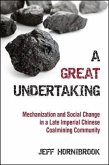The activist reign of the Emperor Wu-di (140-87 BC) saw major changes in the government of the Chinese state, its relations with foreign powers, and its economy, including the role of the government in the economy. In 117 BC several state monopolies were established, and thus began an immense upheaval in the Chinese economy which has remained a matter of controversy through the centuries. Its example was cited by Wang Anshi in connection with the New Policies of AD 1069 and by Thomas T. Read in 1935 in an attack on Roosevelt's New Deal. This book brings both literary and archaeological evidence to bear in an investigation of the history of the Han state iron monopoly, considering especially the reasons for its establishment and for the intense opposition which it provoked.

